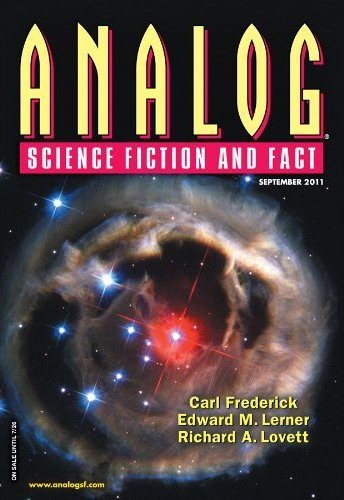One of my newsletter readers suggested today’s quote to start the week,* an entry that is often attributed — wrongly, it would seem — to Theodor Geisel, a/k/a Dr. Seuss:
Those who mind don’t matter, and those who matter don’t mind.
I like the sentiment, especially where unfair or unkind criticism is concerned, but I was unable to find out where this quote originated. Several sources credited U.S. financier Bernard Baruch with a version of the quote — which interested me, because my hometown is very near Baruch’s retreat at Hobcaw Barony on the South Carolina coast — but its earliest use in print appears to have been in a British engineering journal in 1938, and it seems to have been in use well before that.**
(Image: “art critics realizing it’s probably time to go,” by paolobarzman, on Flickr under Creative Commons.)
Nevertheless, the quote is a good reminder that the opinions of others are not created equal (so to speak). We are bound to encounter criticism, some of which will be valuable and some we can disregard, but this quote speaks to something beyond criticism of work we’ve done or art we’ve created.
At a deeper level, it speaks to the criticism we may receive not because of what we do but because of who we are: choices we make, things we believe, emotions we display. In those cases especially, when the critic seeks to injure rather than edify, to heap scorn on us rather than inform us or others, to point out imperfections they perceive rather than help us chip away at them, it is good to remember that those who mind what we do or who we are don’t really matter — and those who matter will accept us and our work and build us up rather than belittle us.
(I’m reminded of Teddy Roosevelt’s “man in the arena” quote — the one that begins, “It is not the critic who counts” — but we’ll save that for another day.)
Meanwhile, “Those who mind don’t matter, and those who matter don’t mind” is a good quote to carry with us this week, to guard against any unwarranted criticism we will face. And I’m trying out a corollary: Don’t pay it any mind, unless you think the critic matters.
___
*If you like, sign up for my newsletter — it’s free! and it only shows up once or twice a month.
**The “Quote Investigator” site offers a run-down on its history, so far as they could discern it.










